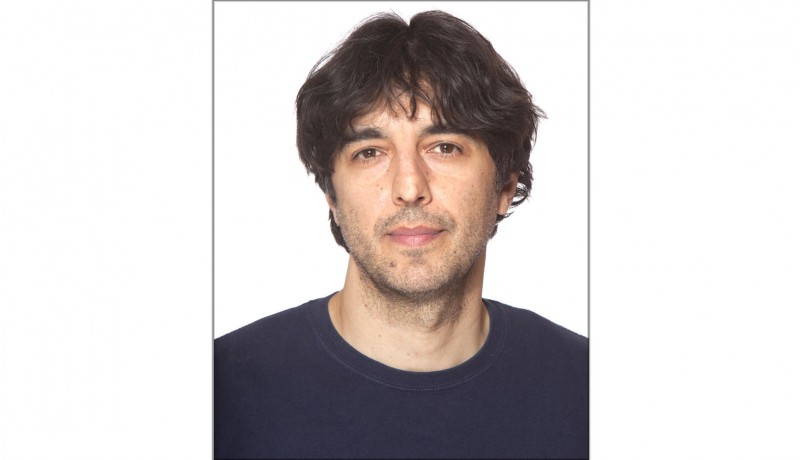
Health

An exclusive interview with biochemist Valter Longo, director of the Longevity Institute in the School of Gerontology at the University of Southern California, Los Angeles
How does food influence longevity?
Food affects longevity by regulating genes that control longevity and also by influencing hormones. Unhealthy food consumed over a long period of time in excess quantities can cause diseases.
What is the premise that fasting heals the body based on?
Fasting regulates many genes that control both the removal of damaged cellular components and the activation of stem cells and regeneration.
Will restricting calories translate into a longer lifespan?
Restricting calories can either increase or decrease lifespan. We now know that simply restricting calories is not the way to increase longevity. It is better to restrict protein intake and undergo periodic fasting mimicking diets.
The diet popularised by you mimics fasting. Can you explain how it works?
It works by taking advantage of our knowledge of which ingredient controls which genes and processes. It is also based on the selection of ingredients that can prevent side effects and make it easier for people to stay on the diet.
Is this diet safe for those above the age of 50?
Yes, those in the age group of 50-70 can follow this diet, provided they do not have diseases and other conditions that make them frail.
Is it safe for diabetics?
Diabetics should avoid it, until additional data is available.
For those above 60, what should the daily diet plan look like?
Moderate protein intake, a vegan plus fish diet with lots of vegetables and legumes, nuts and olive oil, a few eggs a week and occasional goat or sheep cheese or yogurt.
What is the ideal way to space out meals—three meals a day or six short meals a day?
For overweight people, two meals a day plus a healthy snack; for people with normal weight, three meals a day plus a healthy snack.
What is the best way to kick off the day and end it?
Have breakfast and end it with dinner but eat only for 12 hours per day.
High-protein, low-carb diets are popular in the fitness world. But you talk about the reverse: a low-protein, high-carb diet for longevity.
Yes, but the carbs must come from vegetables and legumes and some starches (rice, pasta, etc), not the other way around. Starches must be limited, based on abdominal circumference.
How much protein is ideal per day for those above 60 years?
They should take around 0.8-0.9 gm per kg of body weight per day.
You are in favour of plant-based protein. By that logic, does vegetarianism score over non-vegetarianism when it comes to longevity?
Not necessarily, because vegetarians can have an unhealthy and high protein diet.
What are your top longevity-promoting foods?
Almonds, hazelnuts, walnuts, olive oil, spinach, chickpeas, black beans, green beans, carrots, broccoli, and dark lettuce.
Photo courtesy: Penguin India March 2019
Also read: Cracking The Longevity Code
you may also like to read
-
Hot tea!
If you enjoy sipping on that steaming hot cup of tea, think twice. New research establishes a link between drinking….
-
Weight and watch
If you have stayed away from lifting weights at the gym, thinking it might not be a good idea for….
-
Toothy truth
Research has established a clear association between cognitive function and tooth loss when cognitive function score was categorised into quintiles…..
-
PRODUCT OF THE MONTH
Automatic Blood Pressure Monitor Measure your blood pressure and pulse rate with no fuss Hypertension, or high blood pressure, could….







